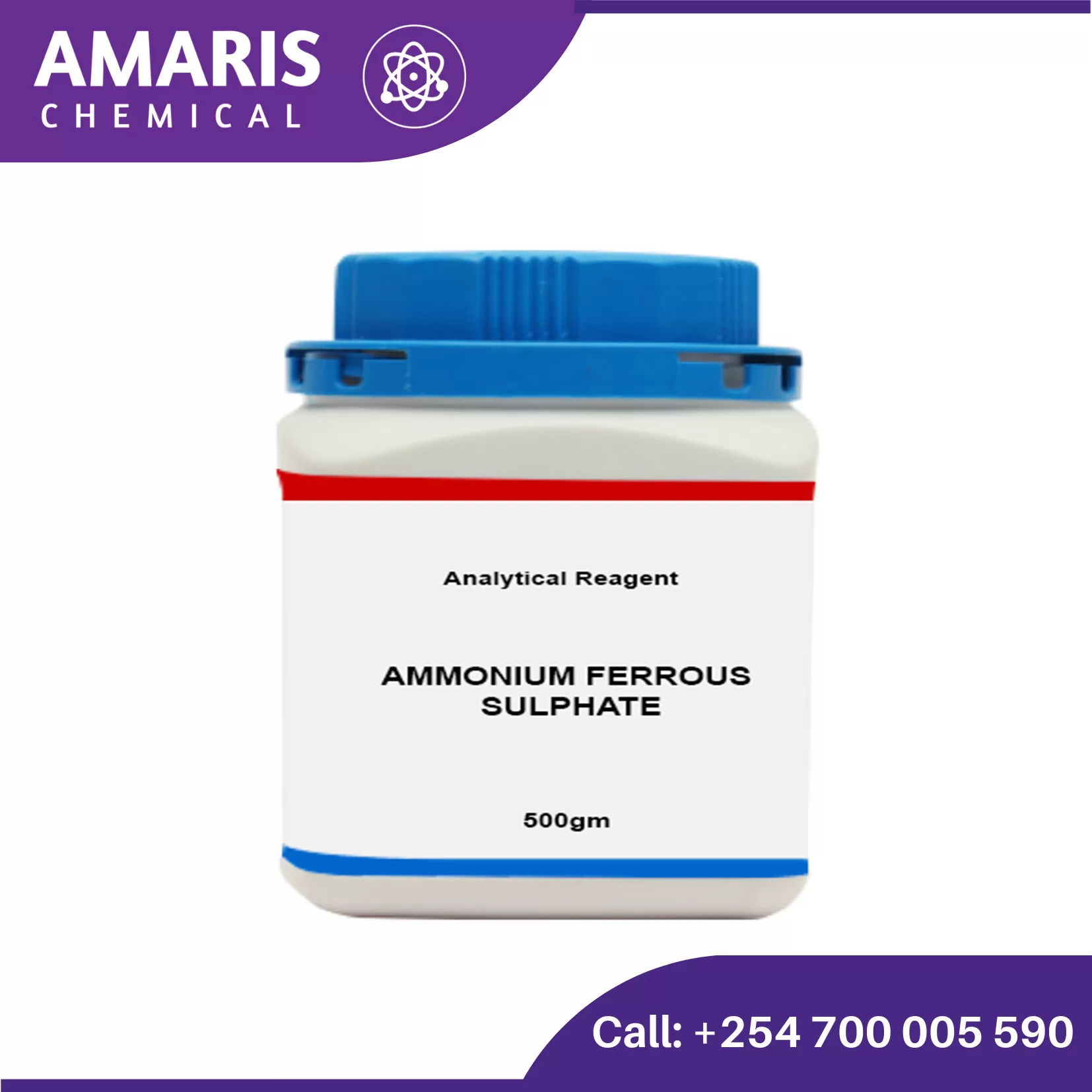EDTA Disodium Salt 500gm
Whatsapp Order
Tetra sodium EDTA, also known as ethylenediaminetetraacetic acid tetrasodium salt, is a chemical compound commonly used in various industrial and commercial applications. It is a chelating agent, meaning it has the ability to bind and capture metal ions, thus preventing them from reacting with other substances or causing unwanted effects.
A concise definition of tetra sodium EDTA would be:
“Tetra sodium EDTA is a water-soluble salt derived from ethylenediaminetetraacetic acid, used as a chelating agent to bind and sequester metal ions, serving purposes such as metal complexation, stabilization, and preventing undesired chemical reactions.”
Compare
EDTA (ethylenediaminetetraacetic acid) and its salts, including tetra sodium EDTA, have various major and common uses in different industries and applications. Some of the prominent uses of EDTA are:
- Chelating Agent: EDTA is primarily used as a chelating agent to bind and sequester metal ions. It forms stable complexes with metal ions such as calcium, magnesium, iron, and copper, preventing them from reacting with other substances and causing unwanted effects. This property is utilized in numerous applications.
- Industrial and Cleaning Products: EDTA is used in industrial cleaning products, detergents, and soaps as a sequestering agent to enhance the cleaning efficiency. It helps to remove mineral deposits and prevents the formation of scale caused by hard water.
- Food and Beverage Industry: EDTA is approved for use as a food additive in some countries. It is used as a preservative in various food and beverage products to prevent discoloration, maintain flavor, and inhibit the growth of certain microorganisms.
- Pharmaceuticals: EDTA is employed in the pharmaceutical industry for various purposes. It is used as a stabilizer in drugs and vaccines to maintain their potency and extend their shelf life. EDTA can also be found in certain medications used to treat heavy metal poisoning.
- Water Treatment: EDTA is used in water treatment processes to bind and remove metal ions from water, reducing the harmful effects of heavy metals. It helps in preventing scale formation in boilers, improving the efficiency of water treatment systems, and protecting pipes from corrosion.
- Cosmetics and Personal Care Products: EDTA is utilized in cosmetics and personal care products as a chelating agent and preservative. It helps stabilize formulations, maintain product integrity, and improve the effectiveness of certain ingredients.
Medical Applications: EDTA is used in medical procedures and diagnostics. It is employed as an anticoagulant in blood collection tubes to prevent blood from clotting. EDTA is also used in chelation therapy, a medical treatment for removing certain heavy metals from the body.






There are no reviews yet.